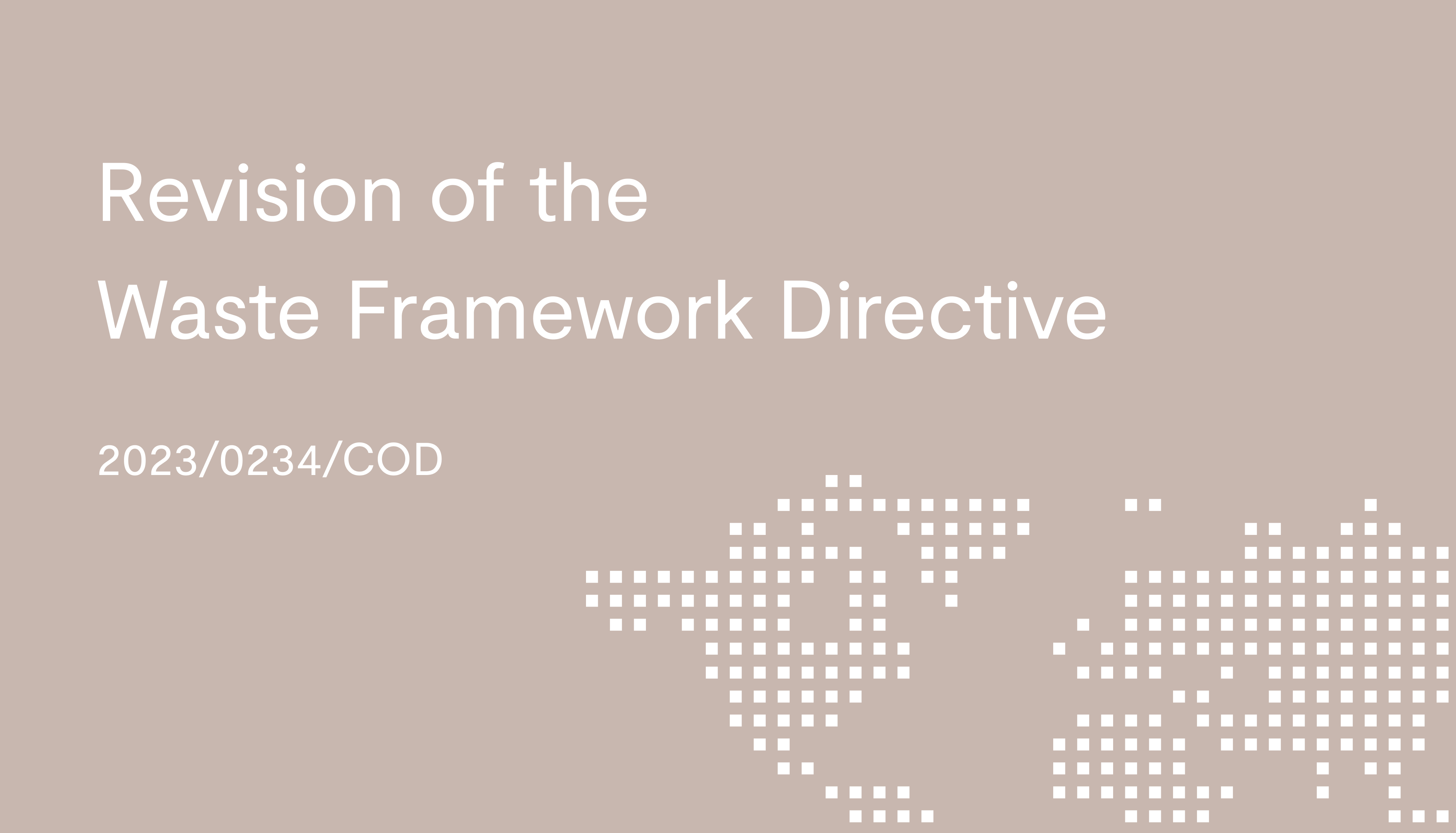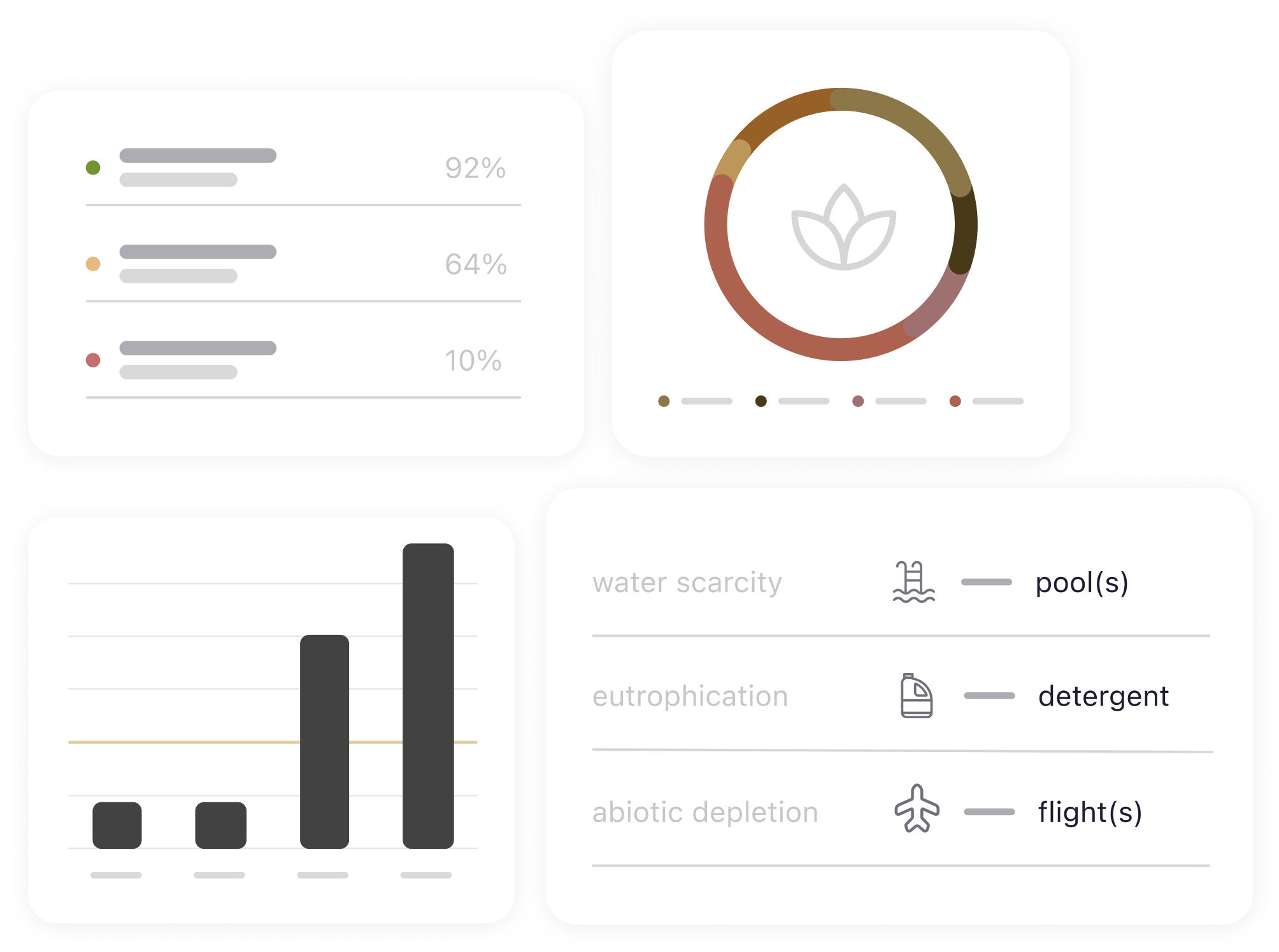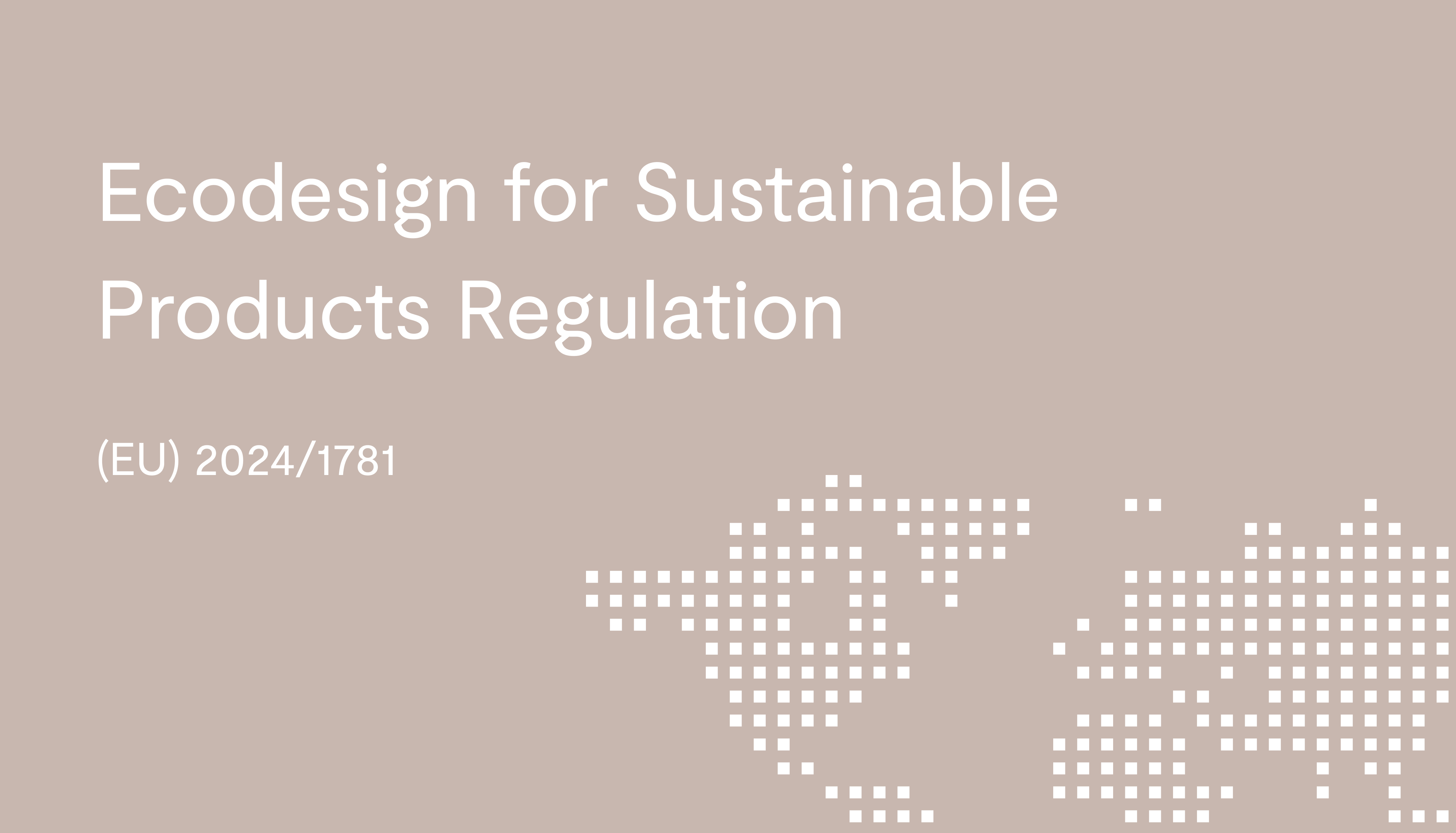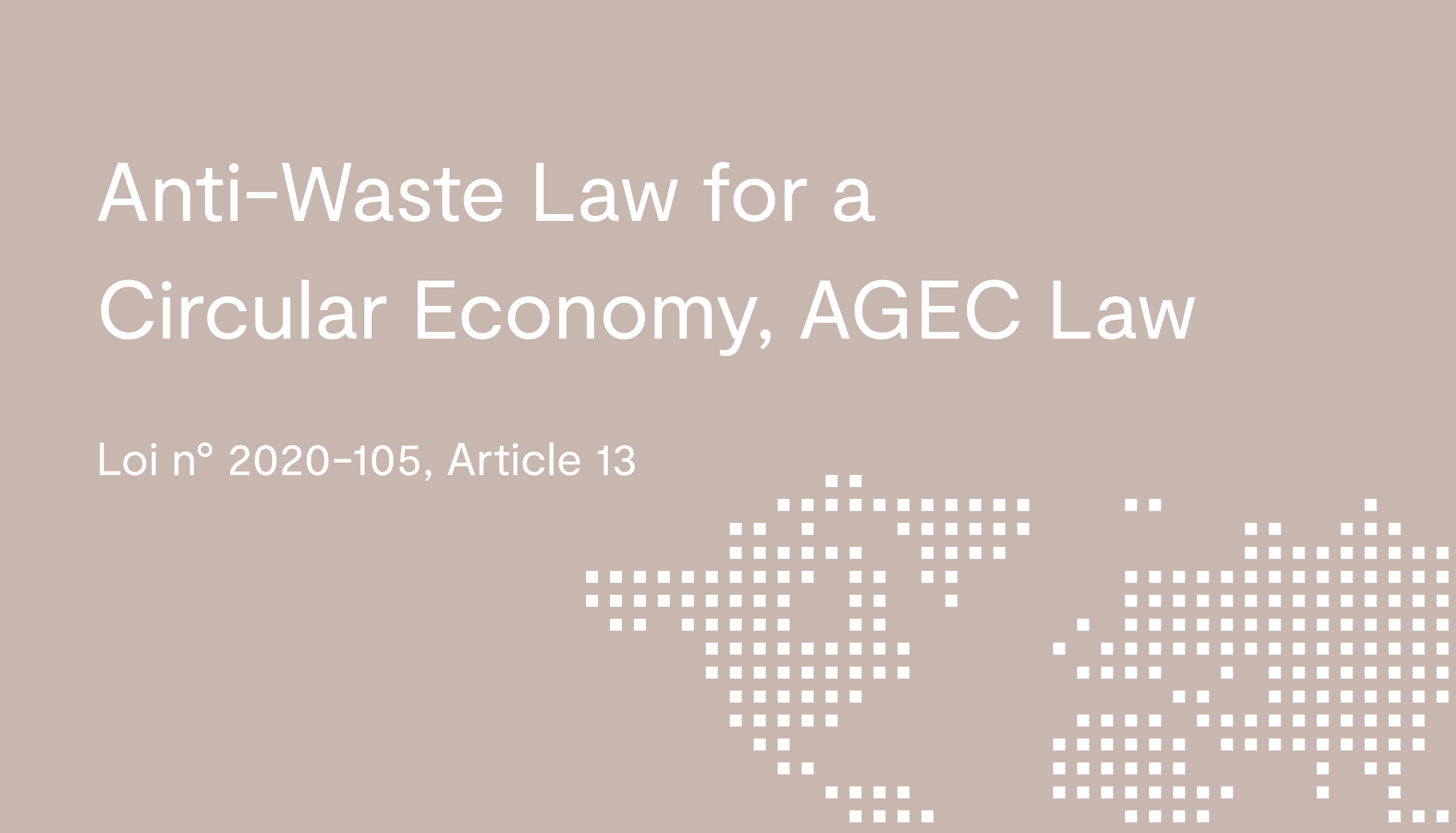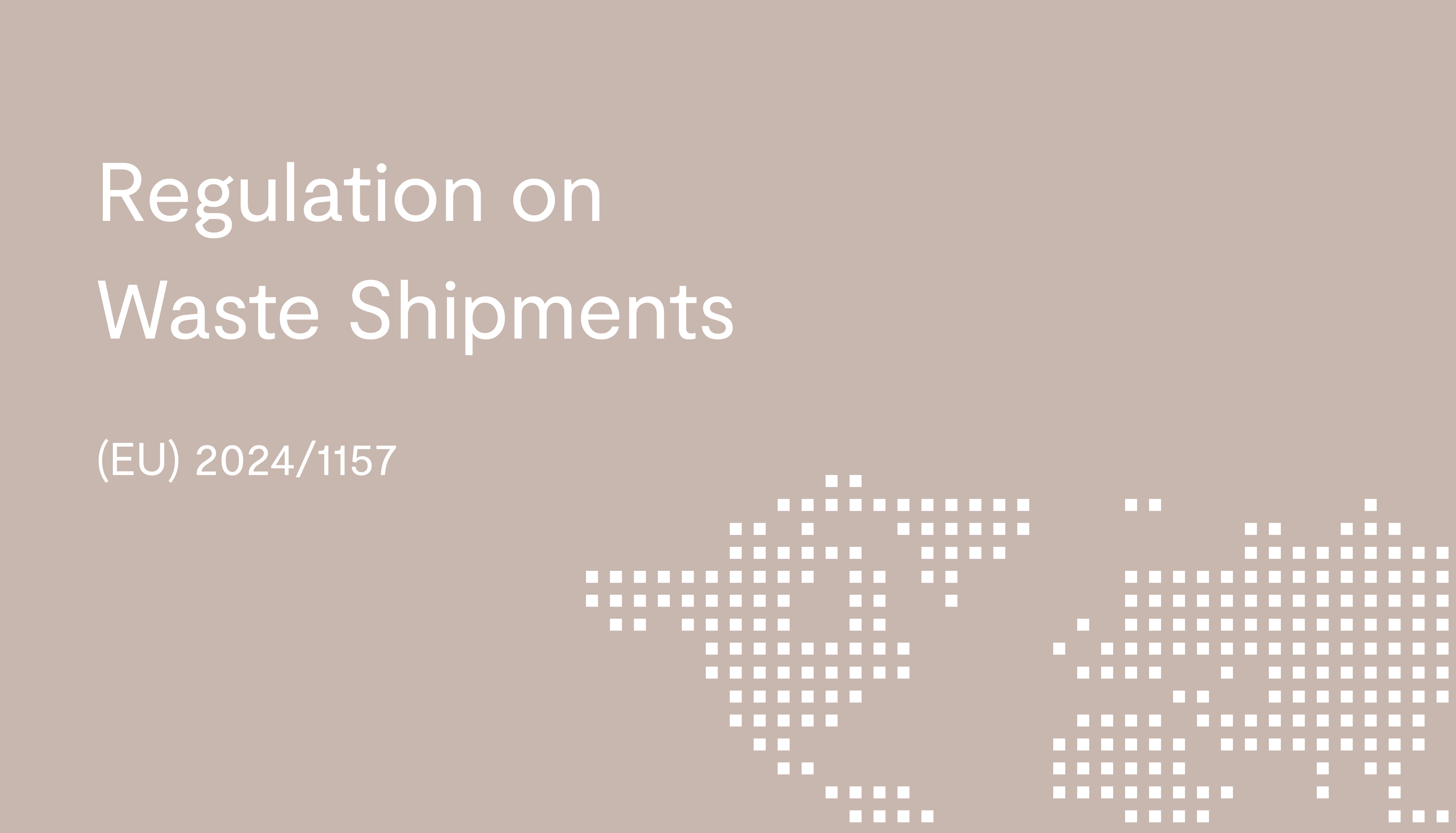Annually, the fashion industry dumps 92 million tons of textile waste, causing a carbon footprint of 2 trillion tons of CO2
Global Fashion Agenda
How are you preventing waste generation throughout your entire supply chain, from sourcing materials to delivering finished products?
Requirements introduced by legislation
The revision of the Waste Framework Directive introduces several requirements:
- Measures to promote waste prevention, including the setting of waste reduction targets.
- Extended producer responsibility to ensure that producers bear the financial and/or operational responsibility for the waste management of their products.
- Separate collection of at least 55% of municipal waste by 2025 and 65% by 2035.
Who must comply
All companies involved in the production, import, and sale of textiles and apparel products within the EU. Moreover, the extended producer responsibility requirements of the Directive apply specifically to producers of textile and apparel products that are sold in the EU.
Key law specifications
- Harmonized definition of “waste” and “end-of-waste,” which aims to provide legal clarity and consistency across the EU.
- Introduction of waste hierarchy that prioritizes waste prevention, followed by preparing for reuse, recycling, other forms of recovery, and finally disposal.
- Better enforcement measures, including the establishment of waste prevention programs or the inspection of waste shipments.
Penalties for non-compliance
- Member States shall take the necessary measures to prohibit the abandonment, dumping or uncontrolled management of waste, including littering.
- Members States shall lay down provisions on the penalties applicable to infringements of the provisions of this Directive and shall take all measures necessary to ensure that they are implemented.
- The penalties shall be effective, proportionate and dissuasive.
Take action with BCome
- Measure your items’ circular performance through the Circular Economy Indicators.
- Identify opportunities to minimize waste by assessing the circularity Eco-Score of your items.
- Report progress towards your business circularity goals.
Timeline for its entry into force and compliance
18 months after enforcement
Definition of EPR schemes
MEPs want EU countries to set up EPR schemes 18 months after the directive comes into force.
January 2025
Separate collection of textiles
Member States must ensure the separate collection of textiles for reuse and recycling.
June 2024
Council set to start talks on its revision
The EU Council adopted its position on the targeted revision of the Waste Framework Directive.
March 2024
Vote in plenary
The European Parliament adopted its first reading position.
February 2024
Committee report tabled for plenary, 1st reading
Review completed and recommendations presented to the full assembly for debate and consideration.
October 2023
Committee referral announced in Parliament, 1st reading
Proposed changes to the Waste Framework Directive reviewed and discussed by the Parliamentary Committee.
July 2023
Adoption of the proposal by the European Commission
The European Commission tables the announced proposal.





